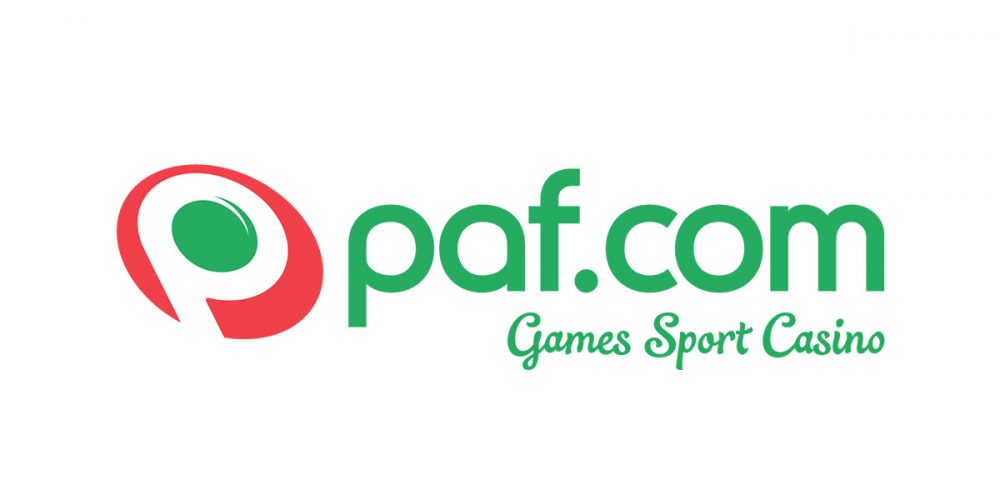Major Finnish online gambling operator, Paf, announced that they would be lowering the loss limit from €30,000 to €25,000 starting next year. The decision was made following recent studies that revealed the old model off, allowing problem gamblers to set their deposit limit ineffective. According to reports, this technique does not help problem gamblers in any way as they can always change their deposit limit and risk more significant amounts. Lowering the loss limit is a much more effective way. It ensures no gambler loses beyond a given limit that is way below what most set as their deposit limit.
In a study done in conjunction with Stockholm University, Paf determined that letting gamblers set their deposit limit is only effective for punters who already exercise control over the habit. Problem gamblers have less restraint and characterize impulsive behaviour that can leave them vulnerable to making bigger risks and losing more money. By setting a loss limit, it prevents problem gamblers from having to lose any more money beyond the provided limit. They also have to wait for the next year to begin. This condition gives problem gamblers some control over their habits and also minimizes their overall losses over the years.
Loss limits are very unpopular in the gambling industry, and Paf became the first online gambling operator to impose such caps back in 2018. Most operators are reluctant to have such limitations for good reasons. According to reports, the 2018 decision had caused Paf to “lose €4 million in total annual revenues”, a trade that no other operator is willing to make yet. In 2018 alone, 400 gamblers hit the limit and would have continued placing bets had there been no loss limit. The operator expects to lose another €2 million when they lower the cap by €5000 starting in 2020.
Paf hopes that more operators will be willing to impose loss limits to make the gambling community more sustainable and hospitable to problem gamblers. Nevertheless, Paf is unlike other gambling houses. The government owns it, and its profits are mostly fed into charitable programs. As such, their interests may be slightly different from other privately-owned firms. The operator has been a commissioner for responsible gambling for a long time.
Based in Aland Islands, the operator was founded by the Finnish Public Health Service back in 1966, together with collaborations from Red Cross and other charitable organizations. Their main goal is to promote responsible and sustainable gambling. Paf’s first online gambling platform was launched back in 1999, becoming one of the first of its kind. The operator has since broadened its scope and is involved in various community projects.
Paf commissioned the study in 2015 to reveal shortcomings within existing systems and frameworks that target problem gamblers. According to their findings, setting a deposit limit, whether prompted or not, had no impact on gambling behavior. In 2015, 0.2% of Paf’s gamblers were losing upwards of €30,000 every year. Another 0.6% were losing between €15,000 and €30,000. These groups (0.8%) accounted for up to one-third of Paf’s net winnings.










